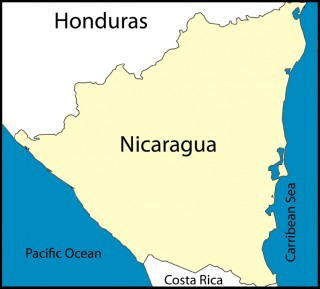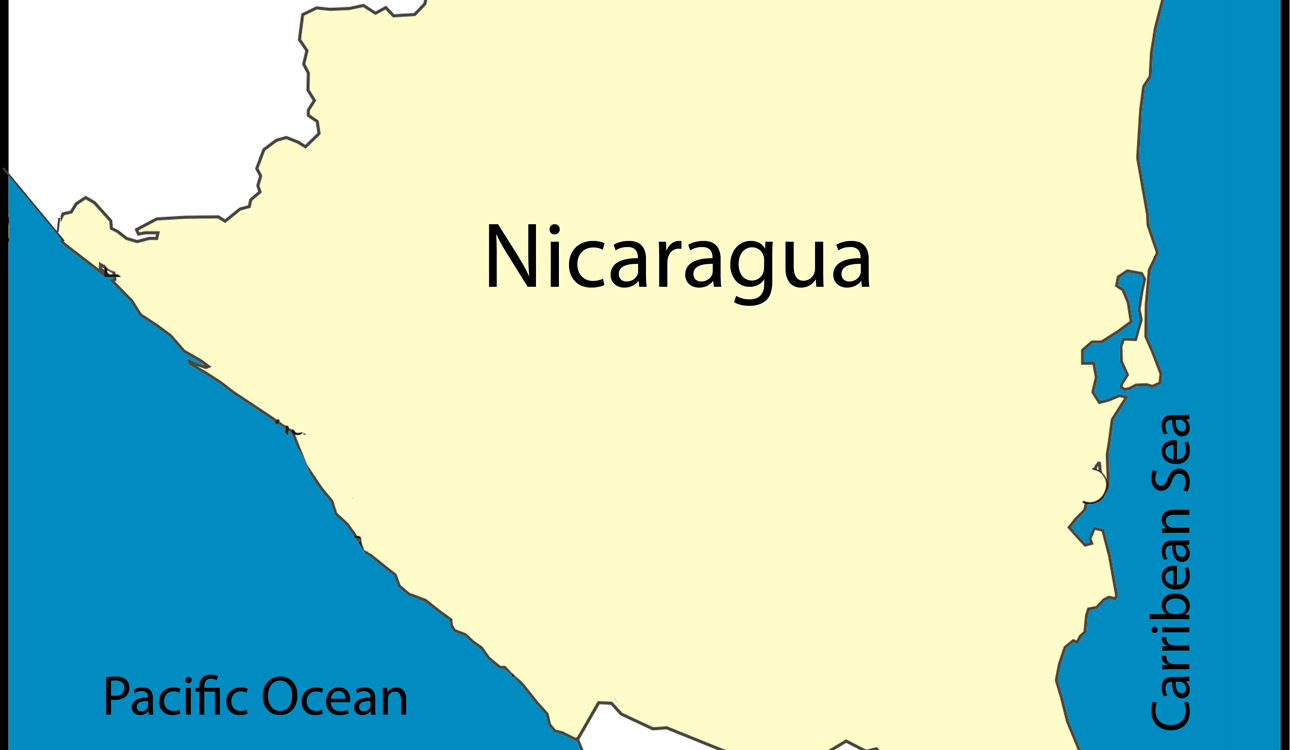Select students will gain hands-on sales, product research experience in Nicaragua

Graphic By Matt Hellman | Lariat Photo Editor
By Jennifer Kang
Reporter
Baylor’s Center for Professional Selling began a new course, Sales for Social Impact, this semester that will work to help solve clean water issues in Nicaragua.
This course is funded by 3M and gives students an opportunity to work in another country for a social cause.
Sales for Social Impact is taught by Dr. Jeff Tanner, associate dean for research and faculty development, and Dr. Christopher Blocker, assistant professor in marketing.
One of the purposes of this class is to determine if a solar water pasteurizer can be a solution for countries without clean drinking water.
The product was developed by former 3M inventors and used to destroy bacteria in contaminated water.
The students will travel to Nicaragua on Oct. 25 and collaborate with Living Water International, a nonprofit group that tries to access clean drinking water for those in need.
Students will conduct extensive research on how the solar water pasteurizer works and if it has the potential to gain interest in other countries that have issues with obtaining clean water. They will return Oct. 30.
According to the Sales for Social Impact research trip packet, around 20 percent of Nicaragua does not have clean drinking water. This issue is prevalent in other countries as well.
Dr. Andrea Dixon, executive director of the Keller Center for Research and the Center for Professional Selling, said Nicaragua is a good place to do research for this product.
The country has a high need for water and is reasonable Baylor students to travel to.
“Students will be able to learn about qualitative research methods, so they know how to collect the right data,” Dixon said. “They will be taking a low-tech product to purify water and introduce it to a market where clean water is an issue.”
Through researching and developing this product, students will gain hands-on experience and advocate this product to others.
“These students will learn how to approach business developing models,” Dixon said. “They will also look at sales and marketing models and modify them to work in this particular context.”
Students who applied for a spot in this course went through an intensive application and interview process in order to be accepted.
The 12 students accepted are from various departments, such as engineering; nonprofit marketing; professional selling; journalism, public relations and new media; sports sponsorship and sales; and business fellows.
Chattanooga, Tenn., senior Jeb Phillips, said this was a great opportunity for him to find humanitarian work to do in his last year of college.
“I’m interested in social impact and social entrepreneurship and I want to see if this is something I want to do in my future,” Phillips said.
The class is split into four teams of three.
The variety of majors present allows the students to give unique information to the group based on their past experiences and education.
“I think as a professional selling major my role in my team is to figure out a way to see how this water purification product works and if they can be profitable,” Phillips said. “Ultimately, we want to be able to sell these products. We want to give this product to an individual to not only help purify water for others but also to make a living for themselves.”






